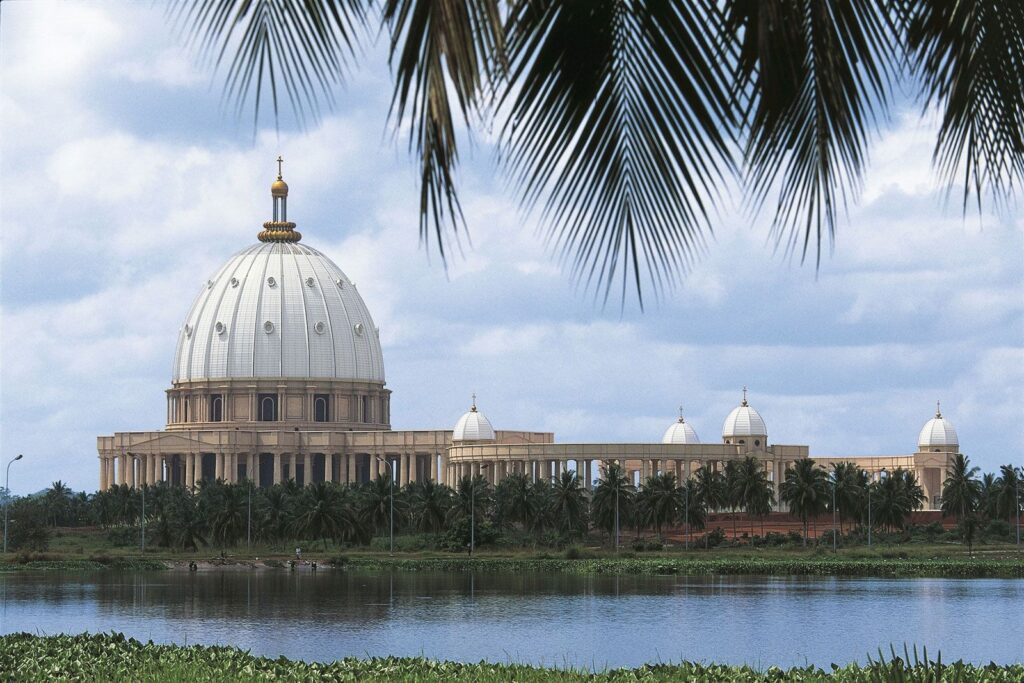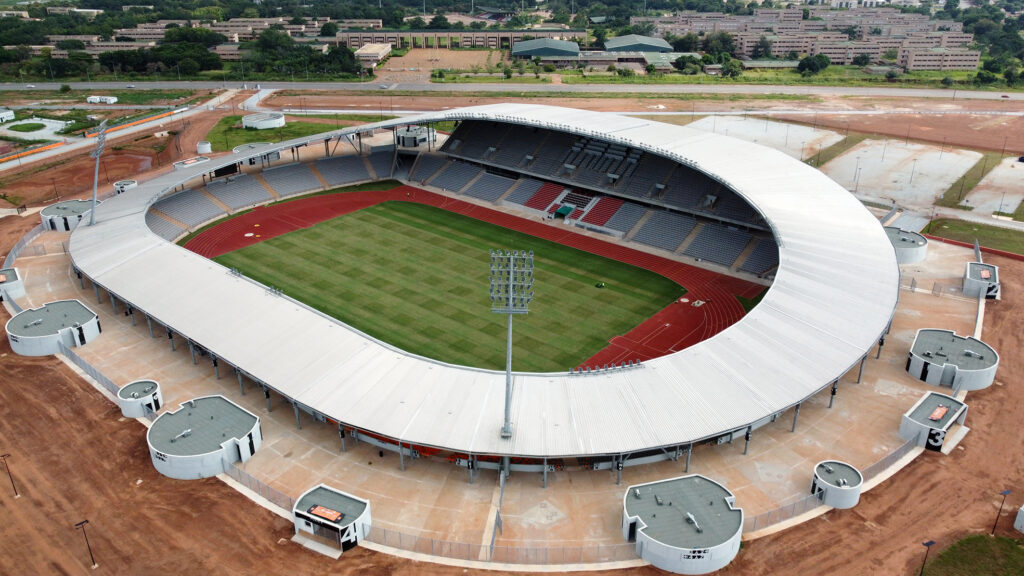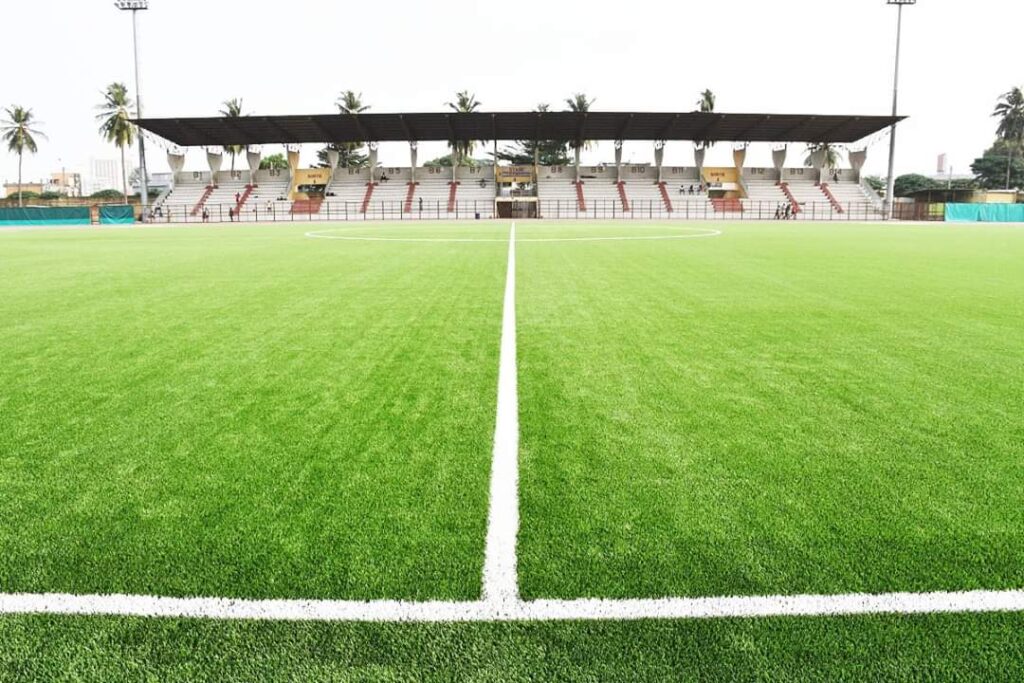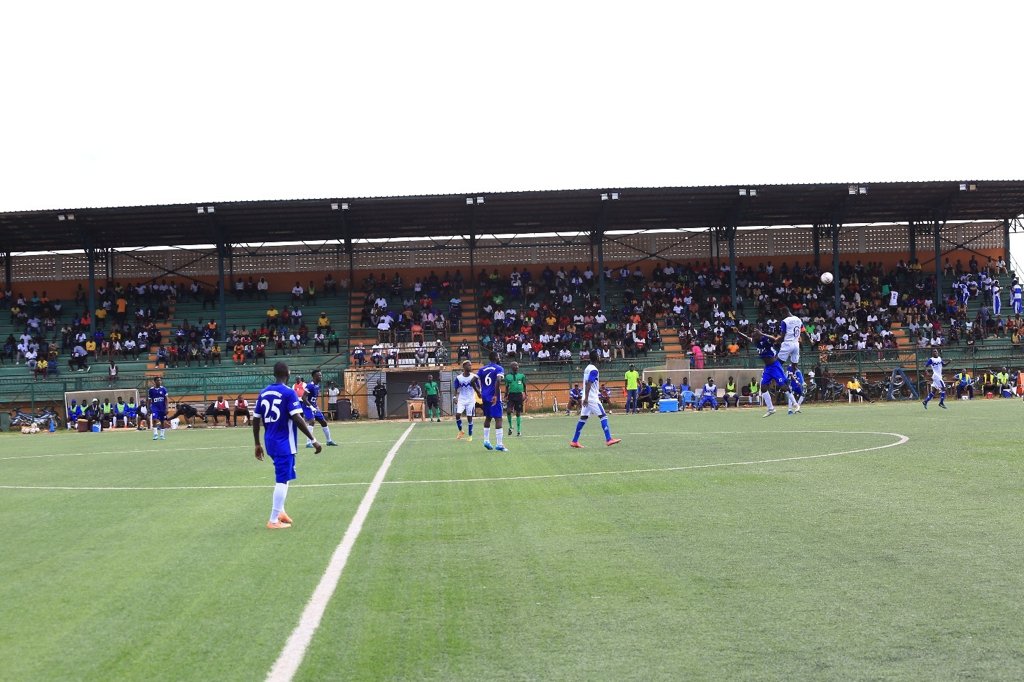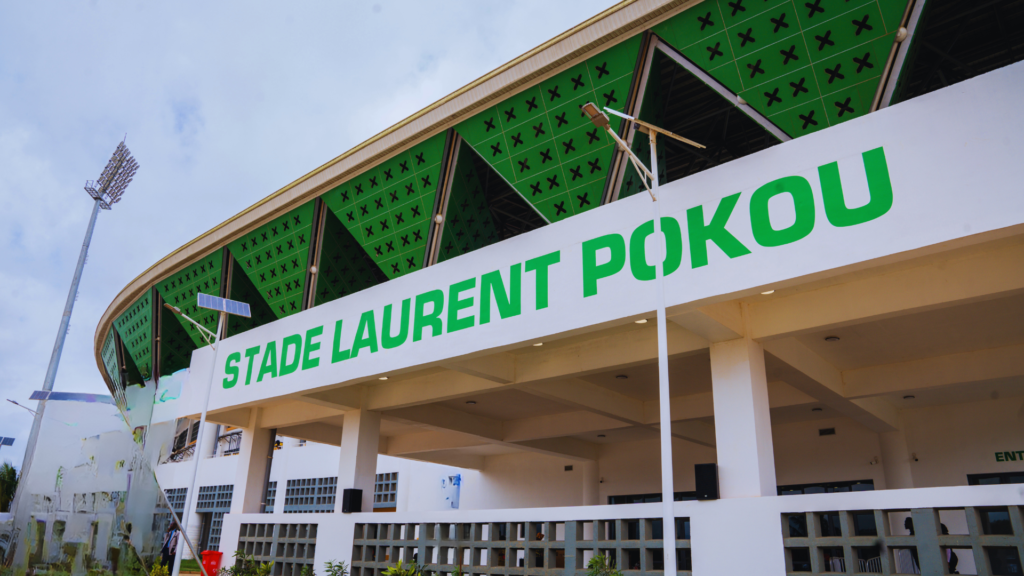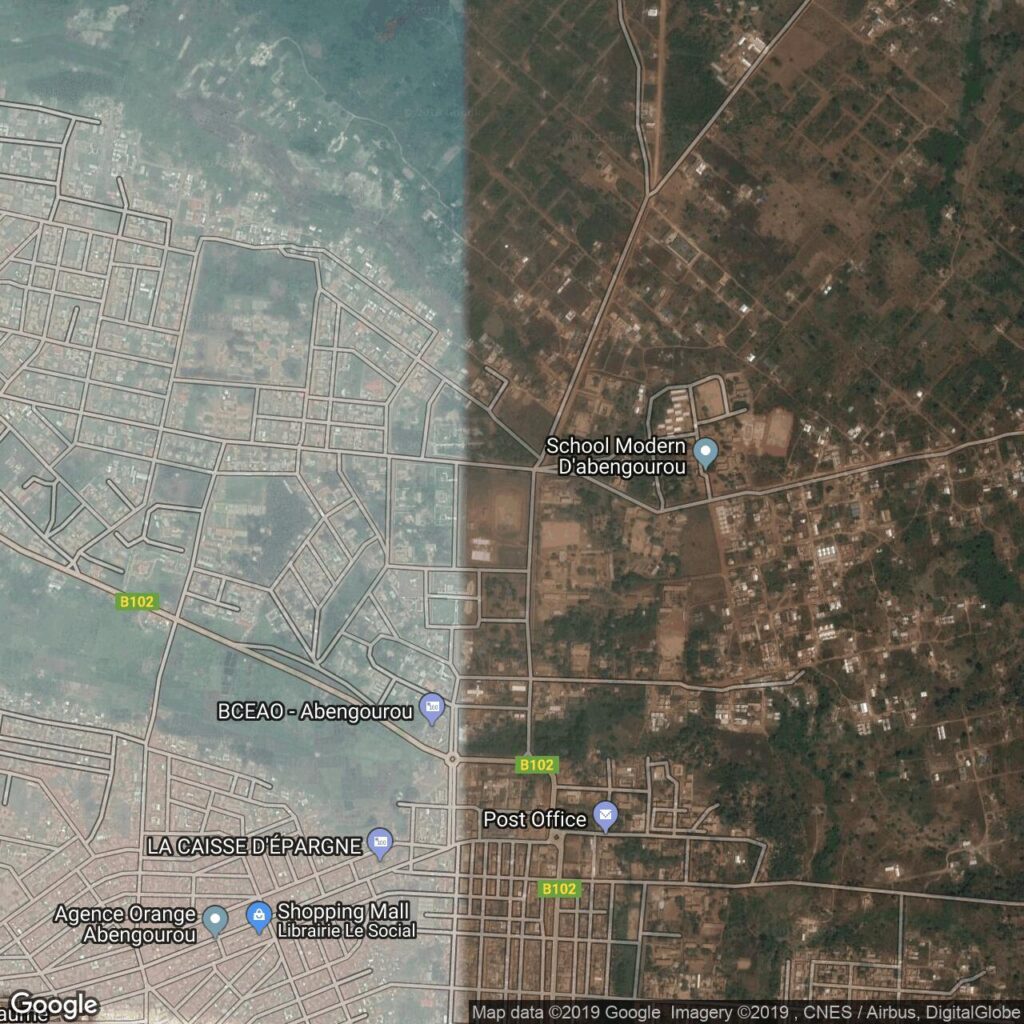Côte d’Ivoire
Côte d’Ivoire, officially known as the Republic of Côte d’Ivoire, is a country located on the southern coast of West Africa. It is bordered by Liberia and Guinea to the west, Mali and Burkina Faso to the north, Ghana to the east, and the Gulf of Guinea to the south. The capital is Yamoussoukro, while Abidjan is the largest city and the economic hub of the country.
Historically, Côte d’Ivoire has a rich cultural heritage with several ancient kingdoms and empires, including the Gyaaman, Kong Empire, and Baoulé kingdoms. French explorers and colonists arrived in the late 19th century, and the area became a French colony in 1893. Côte d’Ivoire gained independence from France on August 7, 1960, under the leadership of Félix Houphouët-Boigny, who became the country’s first president and played a significant role in shaping its post-independence trajectory.
Economically, Côte d’Ivoire is one of the leading economies in West Africa, primarily driven by agriculture, mining, and services. The country is the world’s largest producer of cocoa beans, a key ingredient in chocolate, and is also a major producer of coffee, palm oil, and rubber. The economy has diversified in recent years to include significant investments in infrastructure, telecommunications, and energy. Despite these advances, challenges such as poverty, unemployment, and income inequality persist.
Culturally, Côte d’Ivoire is diverse, with more than 60 ethnic groups, each with its own languages and traditions. The largest ethnic groups include the Baoulé, Bété, Sénoufo, and Dioula. French is the official language, but numerous indigenous languages are spoken across the country. Côte d’Ivoire is known for its rich cultural traditions, including music, dance, and art. The country has a vibrant music scene, with genres like Zouglou and Coupé-Décalé gaining popularity both domestically and internationally. Traditional music and dance play an essential role in cultural ceremonies and festivals.
Geographically, Côte d’Ivoire features a variety of landscapes, from coastal lagoons and forests in the south to savannas and mountain ranges in the north. The country’s national parks, such as Taï National Park and Comoe National Park, are recognized for their biodiversity and are UNESCO World Heritage sites. These parks are home to a wide range of wildlife, including elephants, chimpanzees, and various bird species.
Politically, Côte d’Ivoire has experienced periods of stability and turmoil. The country enjoyed relative peace and economic prosperity during the early decades of independence. However, the late 1990s and early 2000s were marked by political instability and civil conflict, culminating in a brief civil war in 2010-2011 following disputed presidential elections. Since then, efforts have been made to achieve political stability, reconciliation, and economic recovery.
Despite its challenges, Côte d’Ivoire has made significant strides in rebuilding its economy and infrastructure. The government continues to focus on development projects aimed at improving healthcare, education, and transportation. The international community remains engaged in supporting Côte d’Ivoire’s efforts to achieve sustainable development and political stability.
Côte d’Ivoire’s rich cultural heritage, strategic location, and economic potential make it a key player in the West African region. Ongoing efforts to address political, economic, and social challenges will be crucial for ensuring a prosperous and stable future for the country and its people.




